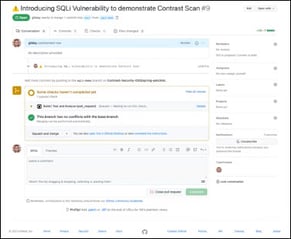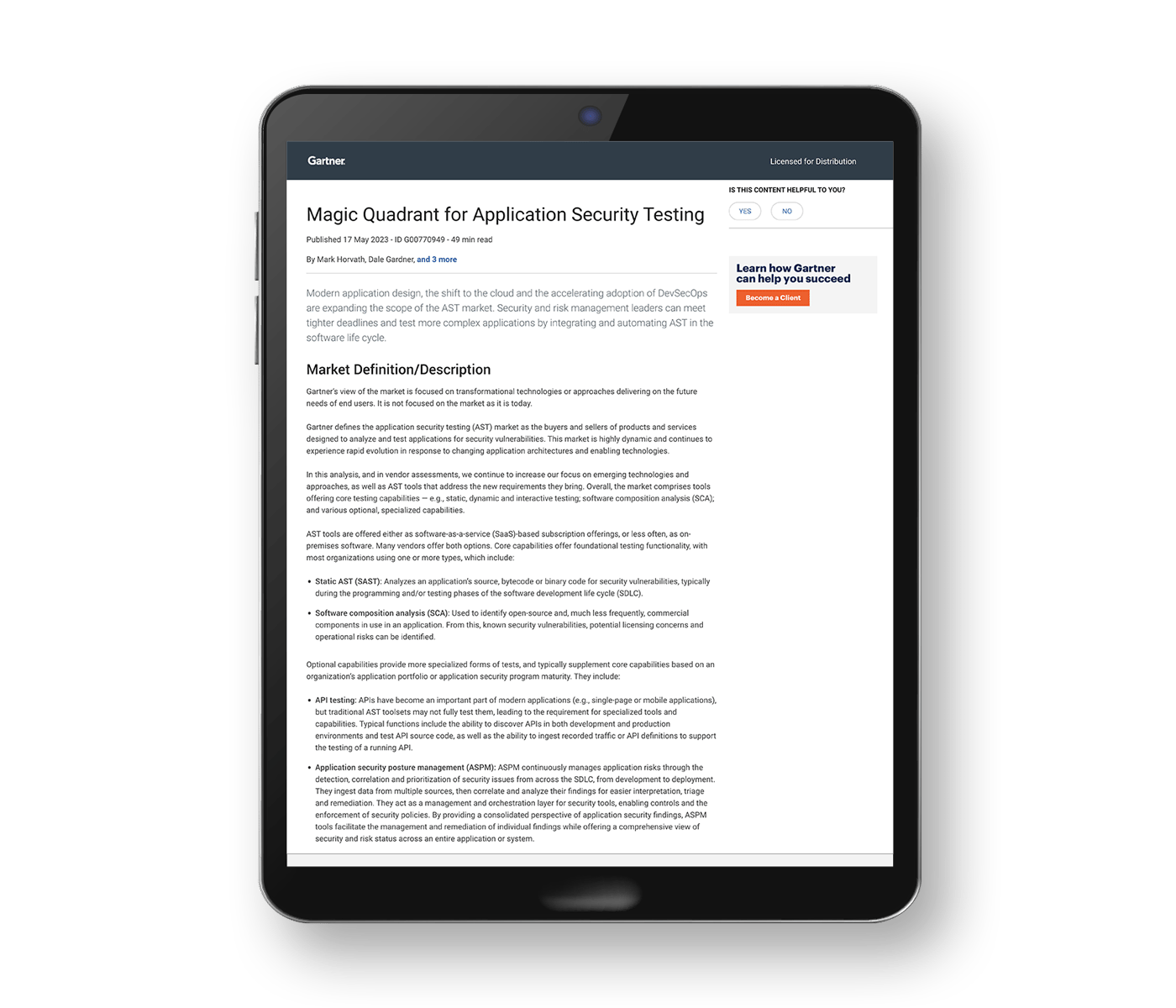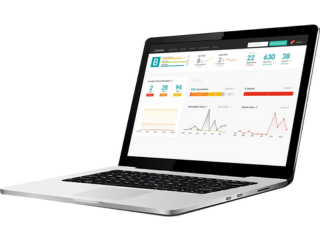Instrumentation
Protect applications and get runtime data with instrumentation
Boost Security Through InstrumentationWhat is code instrumentation?
Code instrumentation is a technique where additional code is injected into an application, usually when it starts up, without having to change the original source code. This enables developers and testers to track an application's behavior. Developers may use code instrumentation to obtain run-time data while not affecting core software functionality. Code instrumentation enables a developer to gain an inside understanding of how an application behaves under different conditions and can give them access to performance metrics, software debugging, and security analysis.
What is security instrumentation?
Security instrumentation (aka deep security instrumentation) embeds sensors within applications so they can protect themselves from the most sophisticated attacks in real time. Security instrumentation sensors that actively reside inside applications can potentially uncover vulnerabilities, prevent data breaches, and secure the entire enterprise from development, to operations, to production – largely without human intervention.
Security implementation falls under the Runtime Application Self-Protection (RASP) umbrella, incorporating security into the running application wherever it resides on a server. Being server-based, RASP can detect, block, and mitigate attacks immediately, protecting applications as they run in real-time by analyzing both application behavior and context. By using the app to continuously monitor its own behavior, RASP solutions can continuously protect an application from malicious inputs and behavior automatically.
Deep security instrumentation is a breakthrough technology that can enable highly accurate assessment and always-on protection of an entire application portfolio, without disruptive scanning or the need for expensive security experts.
What are the benefits of instrumentation in applications?
Instrumentation in software development collects additional data that gives you more information about operations and behavior. It ensures your applications perform optimally and gives you better visibility into your app.
Using the instrumentation approach to automate AppSec offers advantages in the following areas:
- Speed. Provides real-time vulnerability analysis and threat telemetry
- Accuracy. Directly measures the running application
- Scale. Runs in parallel across any number of applications
- Process-fit. Aligns development and security operations
- Cost. Eases the burden on security staff while reducing operating expenses (OpEx)








